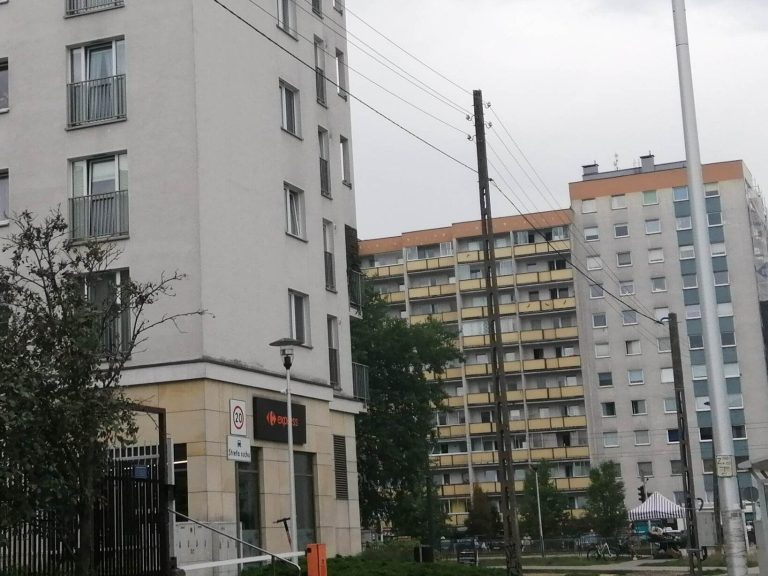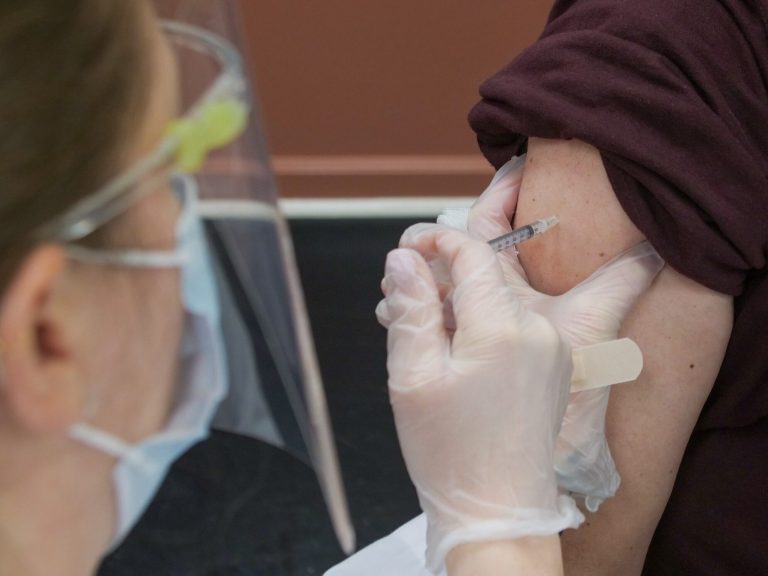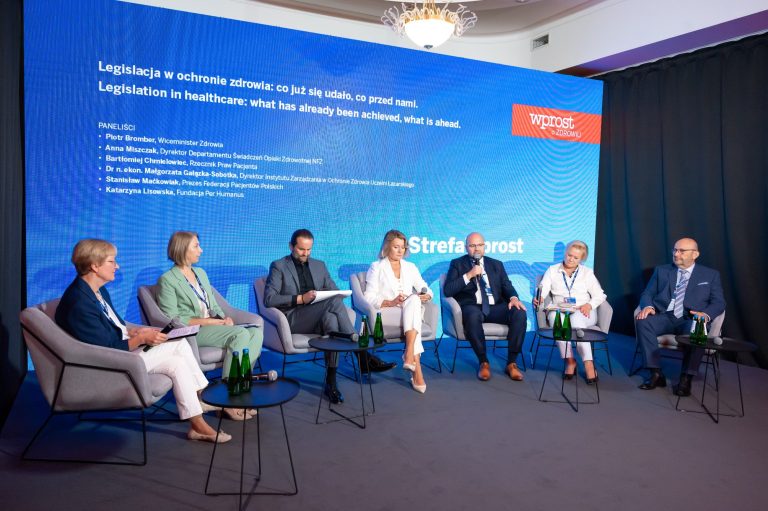10 years of AbbVie: a decade of comprehensive growth

AbbVie is a pharmaceutical company that has been taking care of patient comfort for years. He develops new drugs trying to improve the quality of life of many people. In connection with the 10th anniversary of the company’s operations, we talk with Aleksander Kwieciński, general director, about its successes and development.
This year, AbbVie celebrates its 10th anniversary. What were those years like for the company and how did they impact the lives of patients?
As a pharmaceutical company, we exist for patients and we develop innovative therapies for them. Over these ten years, we have managed to improve the lives of millions of people around the world. Most importantly, we continue to develop new drugs and continue to reach new patients.
It is worth emphasizing that AbbVie did not start from scratch. We come from the Abbott company, which has over 130 years of history. It was from this group that in 2013 AbbVie was spun off as a new, independent pharmaceutical company, which immediately began operating on 175 markets, including Poland. So, already at the time of our establishment, we had a portfolio of products that changed the lives of patients and a team of employees. Over the ten years of our existence, we have managed to develop practically in every aspect.
During this decade, we managed to achieve several breakthroughs in medicine that really changed the lives of many patients and their families. An example is the introduction of a drug for hepatitis C by AbbVie in 2015. Previously, it was a chronic disease whose treatment had limited effectiveness. We managed to change this by offering a therapy that eliminates the virus from the body by almost one hundred percent.
In the same year, we also became involved in the area that is the second most common cause of death in Poles and the first in the European Union – oncology. Thanks to this, we have managed to ensure that effective treatment is now provided to people suffering from chronic lymphocytic leukemia in Poland. This is a real breakthrough that has completely changed the lives of many patients. Last year, we received the “Wprost” Innovator award for this therapy.
Could you summarize AbbVie’s ten years of existence in numbers? How has the company changed during this time?
I can cite some data that illustrates how we have developed over the last decade. In 2013, we had products enabling the treatment of patients suffering from 20 diseases – today there are over 75 diseases. Ten years ago we were researching 20 molecules – now the number is 50. We started with 21,000. employees at AbbVie – currently their number exceeds 50 thousand. Most importantly, when the company was founded, our products served over a million patients – today we reach over 50 million people in 175 countries. In Poland alone, we helped one million patients last year.
We expanded our drug portfolio mainly by entering new areas where there were unmet medical needs of patients. We currently offer products in six therapeutic areas. These include immunology, oncology, virology and neurology. In 2020, we merged with Allergan, which allowed us to also enter the area of aesthetic medicine and ophthalmology.
I have had the pleasure of working at AbbVie since the company’s inception and I have been able to observe with my own eyes the path the company has traveled during this time. These years have taught me one thing above all: impossible things do not exist. The passion and commitment of people working in this organization can really change people’s lives for the better.
We’re talking about the impact AbbVie has on patients. But can we talk more broadly about the impact on society as a whole?
Without a doubt, the impact we have on the environment is multi-faceted. Of course, our mission is to create innovative therapies, but we believe that we can change patients’ lives not only by providing them with effective drugs. An example may be time-limited therapies – the patient is not forced to take medications for life or until they stop working, but can only be treated for a certain period of time and then complete the therapy, the therapeutic effect of which will continue. This is extremely convenient for patients and their families. Moreover, remember that nothing reminds you of an illness like taking medications. With time-based therapy, the patient can stop constantly thinking about being sick.
Timed therapies are also beneficial to the health care system. Because we know how long the patient will be treated, the payer can plan a budget – he knows exactly what the cost will be. The method of administering the drug itself can also have a positive effect on the system. If the patient does not have to be hospitalized for a long time and can only take medications on his own, this relieves the medical staff and reduces queues. Of course, the therapeutic effect itself – effective treatment – relieves the system to the greatest extent. If the patient is cured, there is no need to engage nurses or doctors for further treatment.
Our activities also translate into measurable economic benefits. Innovative therapies allow people to live normally – including work – and thus have a positive impact on the economy. It also reduces indirect costs. A patient whose treatment stopped the progression of the disease and avoided disability will not be forced to receive benefits from the state budget.
I cannot ignore the direct impact we have on the economy. In Poland, we employ 350 highly qualified specialists, we operate here and pay taxes. We are currently conducting 40 active clinical trials in the country, cooperating with 200 research centers, with over 1,500 patients participating in them. This is a concrete contribution to the Polish economy and the Polish innovation sector – only last year






